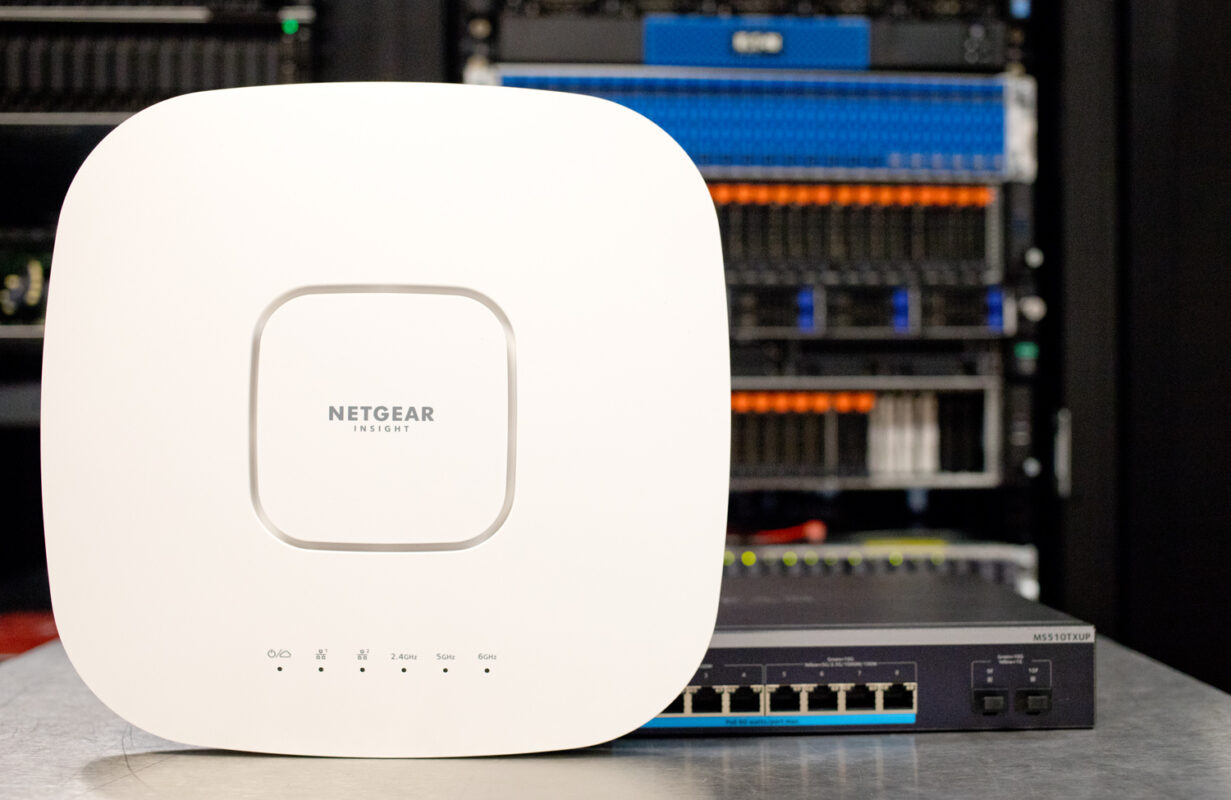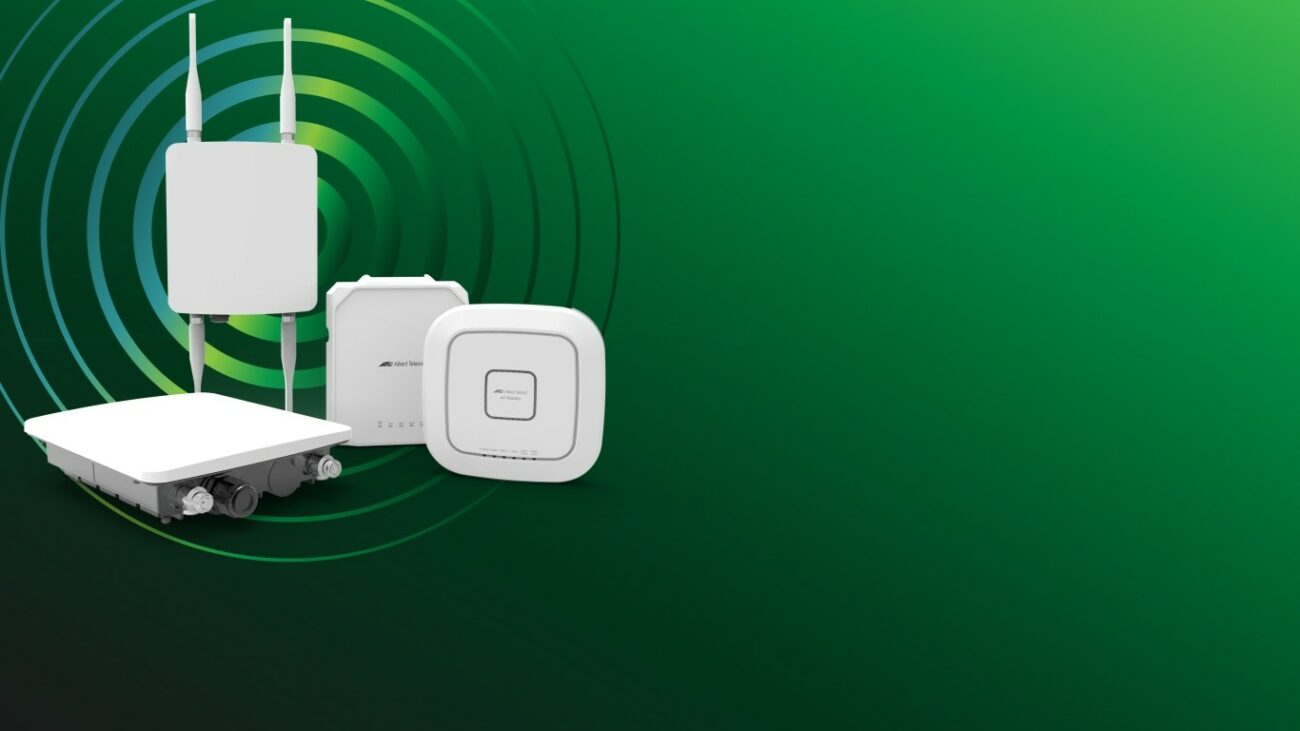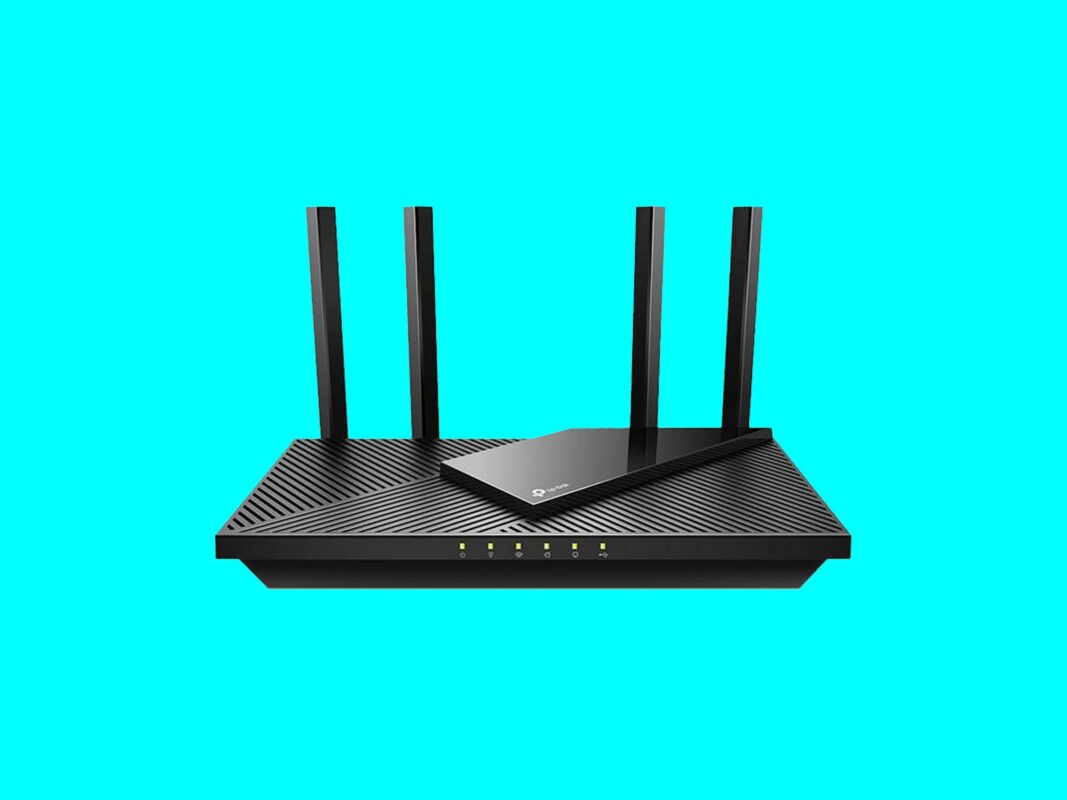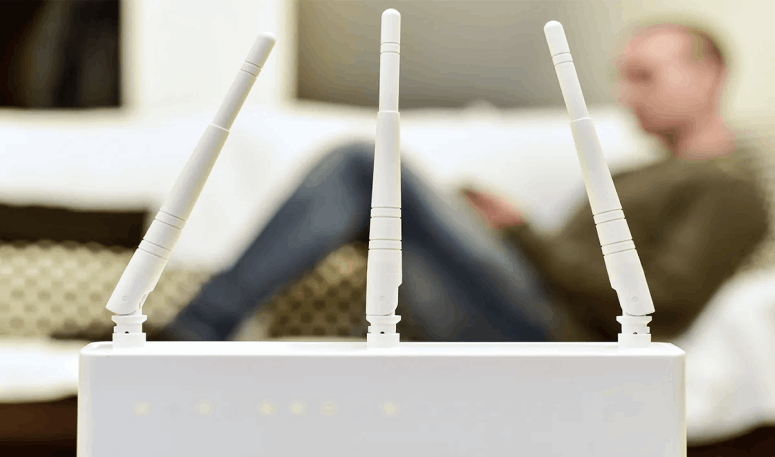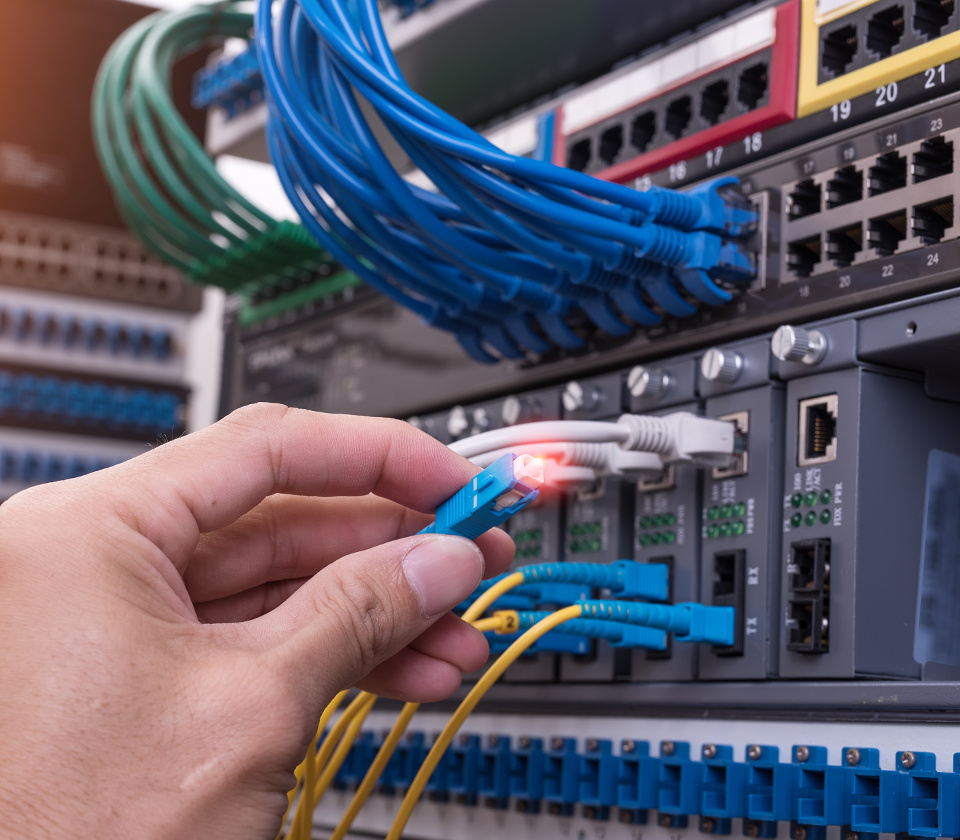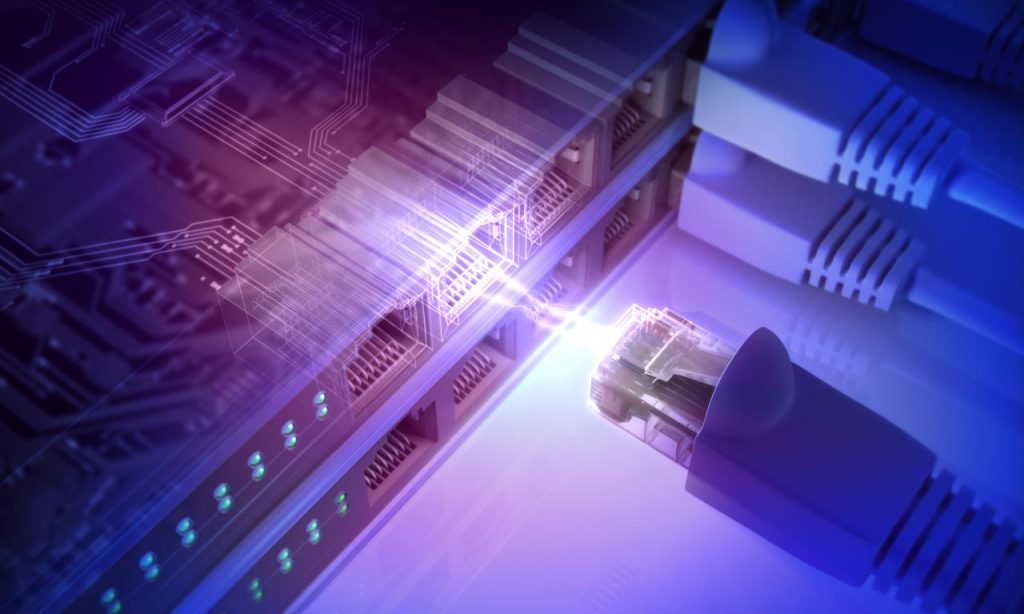Advantages and disadvantages of internet via radio and wifi network at home.
Here are some advantages and disadvantages of home wi-fi networks and internet connections via radio. Understand the favorable points of the use of technology in homes today. Which internet is better: Radio, cable, satellite, or others?
One of the novelties of modern life is the use of technology at home and it is increasingly common for people to have several computers in their homes, such as desktops, tablets, cell phones, notebooks, and others. All of them are usually connected to the internet through so-called wi-fi or wireless networks. The connection to the internet, in many cases, is also made through wireless networks, the so-called radio connections where only an antenna or signal receiver installed in your home is needed. Below are some advantages and disadvantages of home wi-fi networks and internet connections via radio.
Benefits
The main advantage is mobility, especially in Wi-Fi networks that allow wireless access and provide mobility for the user. You can be in the living room with the desktop, in the bedroom with the notebook, or in the garage with the cell phone. Everyone will have access to the internet via the Wi-Fi network.
The internet via radio has the great advantage of reaching where cable connections normally cannot go, this applies to the periphery, rural areas, and other regions.
See some points
- Convenience: The wireless nature of these networks allows users to access network resources from virtually any convenient location in their main network environment.
(a house or office). With the increasing saturation of laptop-style computers, this is particularly relevant.
- Mobility: With the emergence of public wireless networks, users can access the Internet even outside of their normal working environment. Most coffee chain stores, for example, offer their customers a wireless Internet connection at little or no cost.
- Productivity: Users connected to a wireless network can maintain an almost constant affiliation with the desired network as they move from place to place. For a company, this implies that an employee can potentially be more productive as their work can be done in any convenient location.
- Infrastructure: The initial setup of an infrastructure-based wireless network requires little more than a single access point. Wired networks, on the other hand, have the added cost and complexity of actual physical cables running in multiple locations (which may even be impossible for hard-to-reach locations in a building).
- Multiplicity: Wireless networks can serve a sudden number of customers with existing equipment. On a wired network, additional clients would require additional wiring.
- Cost: Wireless networking hardware is, at worst, a modest increase over wired counterparts. This potentially increased cost is almost always more than offset by the cost and labor savings associated with running physical cables.
Disadvantages
Wi-fi networks can have a security factor as a disadvantage, after all, if anyone in your house accesses the internet through it, so does a neighbor or a person who is stopped by the car next to your house. These Wi-Fi routers have a relatively long range and in neighbors’ houses and places close to your house it is possible to capture the signal and if there is no protection, the person can access the internet or even files on the computers connected to the network. To avoid this, it is important that the router has a password and a secure password with good encryption.
The internet via radio has the disadvantage of low data transmission rate, compared to cable connections, for example. Although this picture is improving and with more modern equipment the speed has improved, we still can’t say it’s the same thing.
It also has as a disadvantage the constant falls and in many cases the lack of service in case of problems on weekends, mainly. Of course, this applies to small providers that don’t have a staffing infrastructure for 24-hour service and support.
Some points
Shortest range: Typically, the range of a medium-range wireless network is up to 100 meters. This may be suitable for a home or small office, but insufficient for larger structures. To increase the range, additional access points or repeaters will be needed. This is an extra fee that adds to the total cost.
Security Issues: Security is one of the main concerns in any form of communication. Wireless networks involve the risk of modification and eavesdropping. So, they make use of certain encryption techniques for security. There are also authentication mechanisms for the same. But it has been found that some of the encryption techniques can be easily compromised.
Which internet is better: Radio, cable, satellite, or others?
There are several options for accessing the internet today, such as connections via radio, cable, and satellite, among others. Among these other existing options which is the best internet currently? How to know if the internet is good or not?
With the exception of satellite internet, I think I’ve already used the main connections we have in Brazil, that is, dial-up, radio, cable, ADSL by phone line, 3G/4G, and optical fiber. I can say that I had some kind of problem with all of them, but some are best recommended. See below:
- Dial: It’s slow, really slow. Not worth using if you have any other alternative. It can only be used in cases of extreme need.
- Radio: I didn’t like it. I found it very unstable going from good times to serious falls. I think the type of company that provides the service comes in here, but if there is an alternative I prefer not to use this internet connection.
- ADSL by telephone line: In the state of São Paulo we have the famous Speedy from Telefonica, now Vivo, and in other states, I believe there are similar ones. It’s good, but it depends on the telephone line and therefore doesn’t reach all places, but when analyzing cost-benefit I would say that it is a viable alternative for internet access. But not without problems.
- 3G, 4G, xG: I thought it was bad. The problem here is that you have to buy data packages for internet access. Even if the connection quality is good, you are left with a very limited connection. On mobile it even makes sense, but on PC I didn’t think it was good.
- Cable: It is the connection that was used at the time (when the article was originally written) and with all the problems I still think it’s the best alternative to connect to the internet.
- Optical fiber: By far the best alternative we have and it’s the option I’m using at the moment. Here where I live, we have several companies that offer fiber internet and it is undoubtedly the most suitable, when available.
If I had to rank the internet connection from best to worst, I would do it like this:
- Optical fiber
- Cable
- ADSL
- 3G / 4G
- Radio
- dialed
Why is the internet slow or speed fluctuates?
The internet is sometimes a little stable when it comes to speed. There are times when she is super fast, at other times she is slow and sometimes she even falls. But why is the internet slow?
There are several factors that can contribute to slowing down the internet:
- Too many connected users (peak). This can cause overload on servers, routers, and other items that form the set of resources necessary for the functioning of the internet.
- Fall or failure in data centers or backbones can bring down part of the internet.
- Failure or overload in your city’s service provider. This is one of the most common cases.
- Overload on your company or school network. For those who access the internet in shared environments such as companies, offices, schools, etc., have to share the same bandwidth with other users, when the number of users connected at the same time increases, the speed tends to decrease.
- Limitation of your computer. If your computer is low on memory, HD is full or the processor is not very good, it can also slow down as the pages are processed on your device. Your device’s network card may also limit your internet speed.
- The internet may be slow on some sites only, this may be related to the way the site was made or technical difficulties in the hosting server of this site. Anyway, the internet can be slow for several reasons, and discovering them is not always easy



